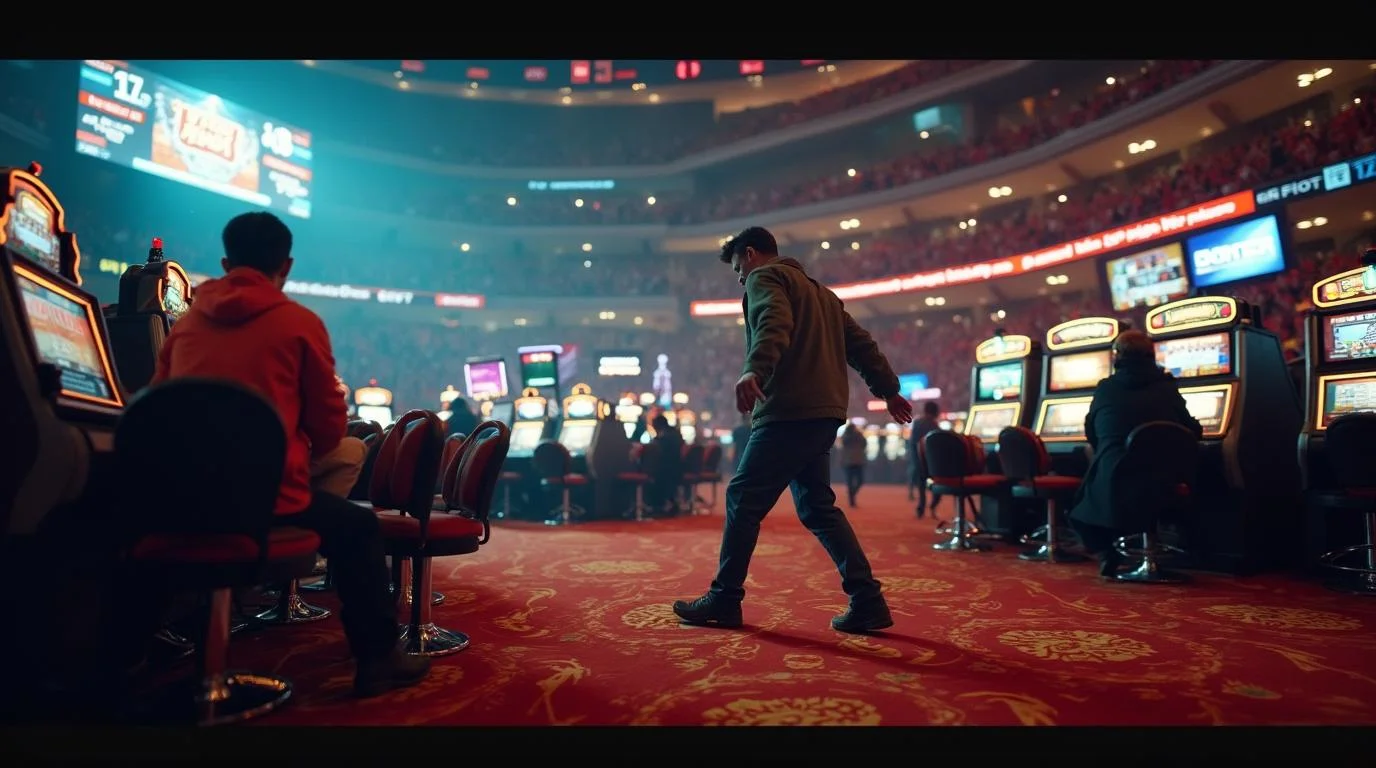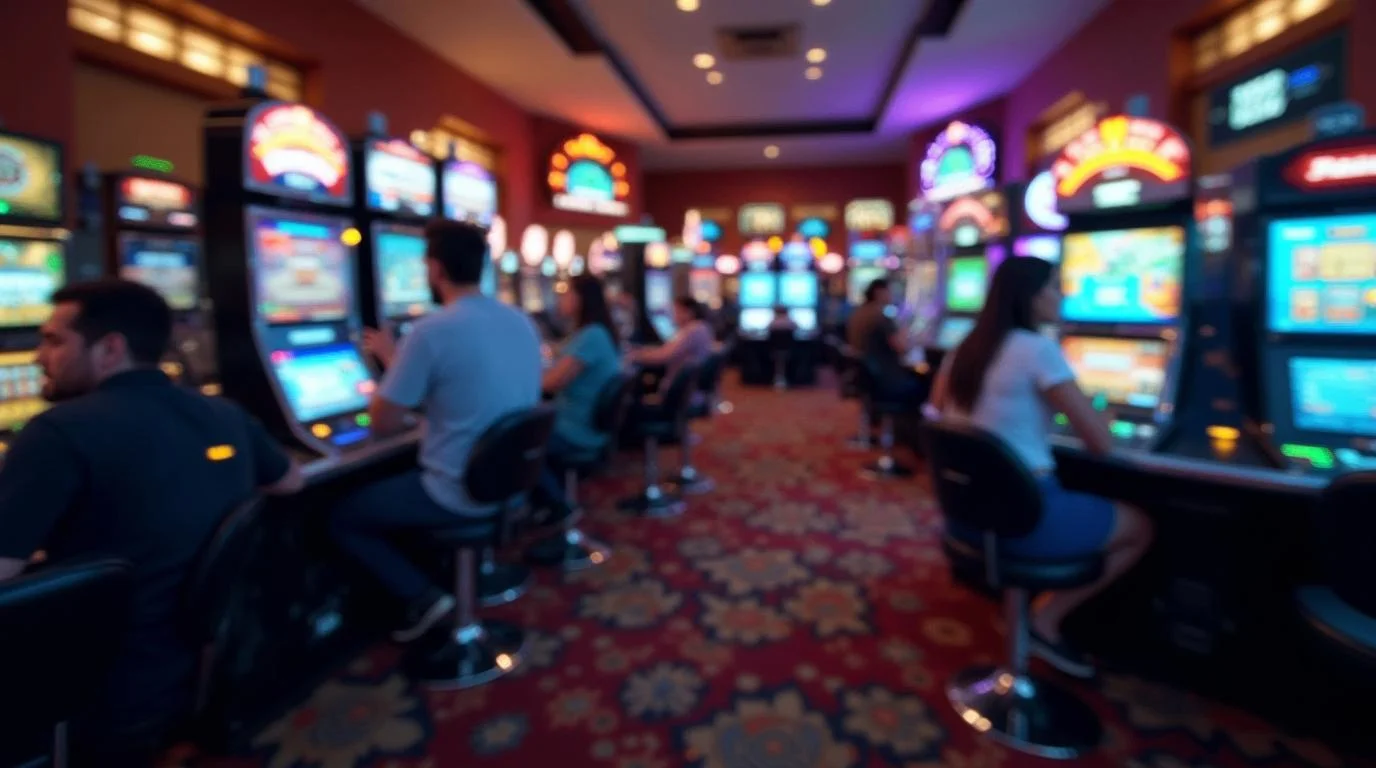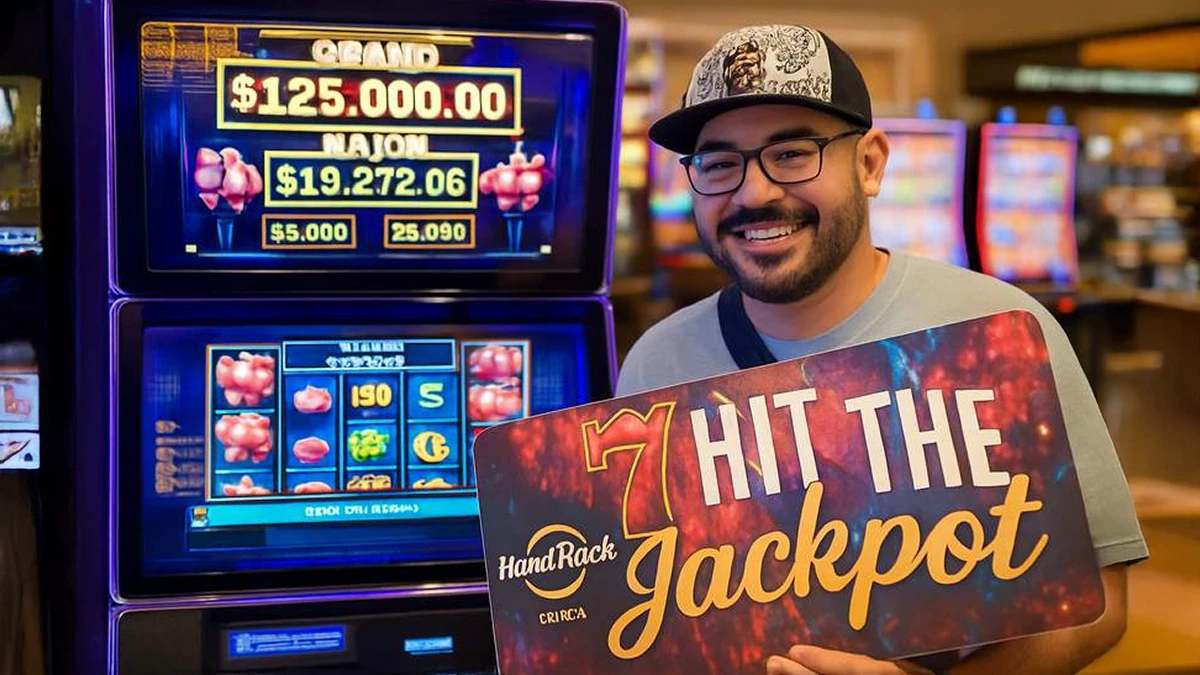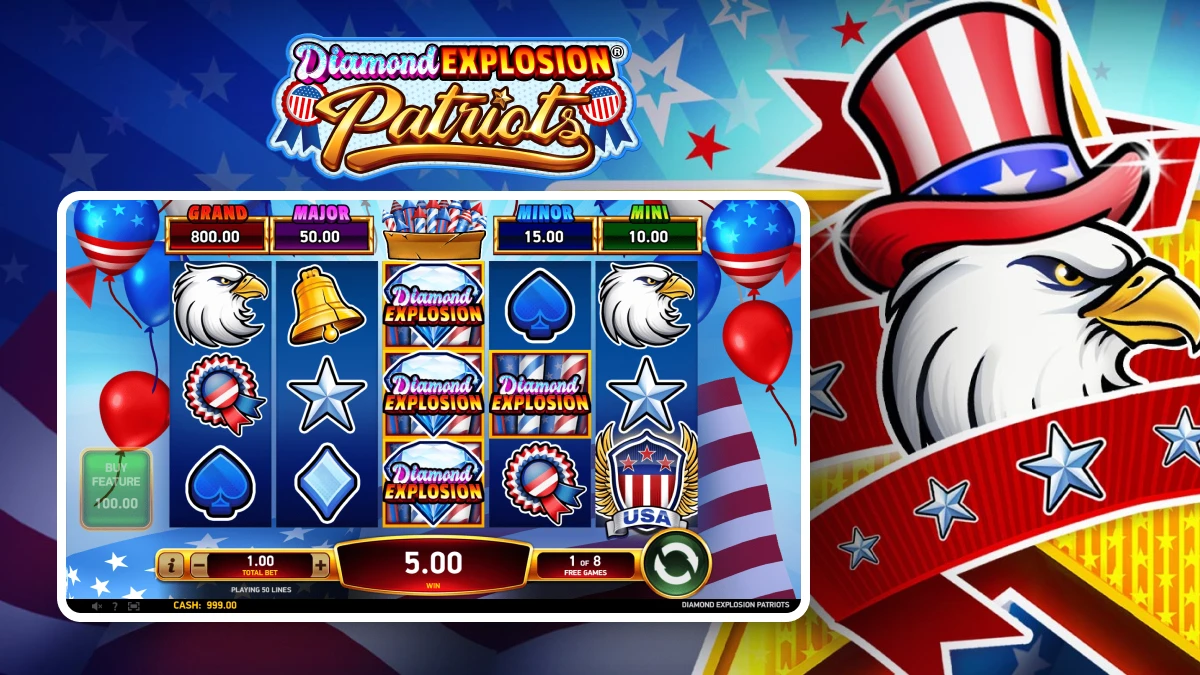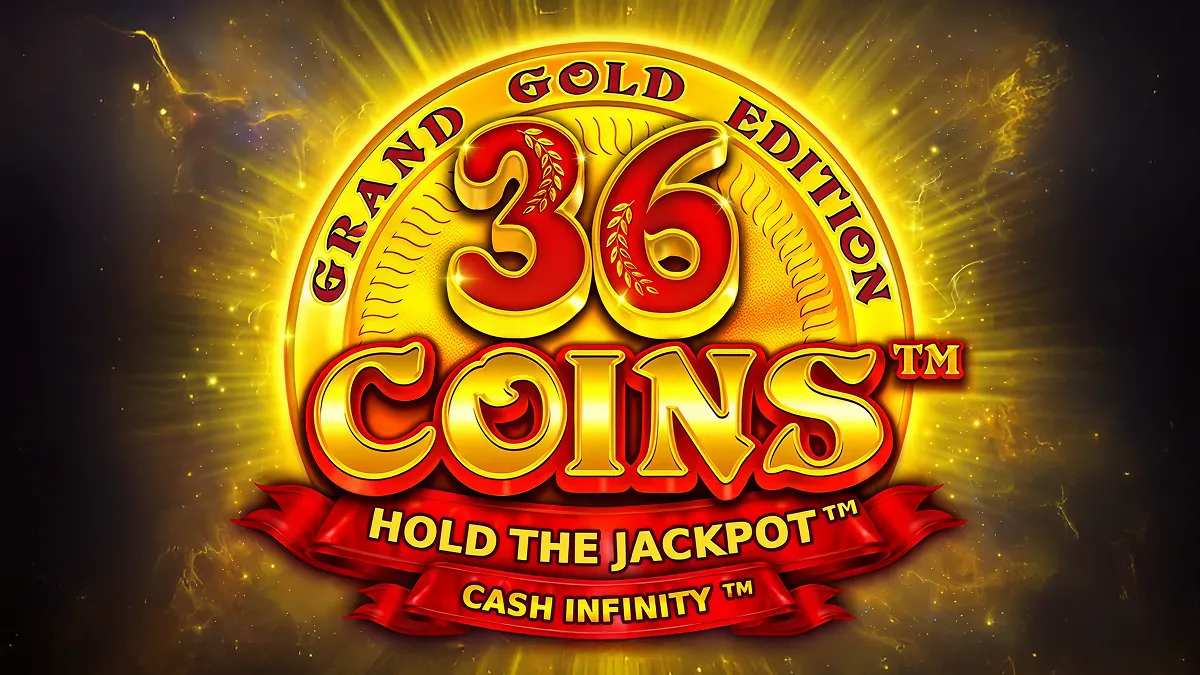The Saga Continues: PA Skill Game Producer Maintains that Skill Games Are Not Directly Competing with Casino Games

1.0
Default
Game developer Pace-O-Matic is adamant, stressing that its Pennsylvania Skill games, found across the state in multiple bars, gas stations, and convenience stores, are not the same as slot machines. The debate rages on, as casino operators and POM face each other head on.
The firm that develops Pennsylvania Skill games, those slot-like machine games often seen in restaurants, convenience stores, bars, retail shopping areas, groceries, and gas stations, insists its games do not compete with slot machines found in casinos.
The state's commercial gaming sector, comprising 17 on-site casinos, retail, fantasy sports, online video gaming, and sports betting terminals, reported a gross gaming revenue of almost $521 million in the month of May alone. Pace-O-Matic, the software company responsible for building and designing the operating system of Pennsylvania Skill games, has just shared a press release that praised and congratulated the casinos while backing up its many Skill games.
"These numbers show that there is room in the state for both casinos and small businesses that operate skill games to be successful. There is no competition between the two," declared Mike Barley, a POM spokesperson.
Pennsylvania Skill Games: legal controversy and economic impact
But the legality of Pennsylvania Skill games is poised for review by the Supreme Court of the state. Michelle Henry, the State Attorney General, is challenging lower court rulings that have declared the games legal due to their skill-based elements, arguing they should be classed as "illegal gambling machines" under the Gaming Act of the state.
Mike Barley reiterates that these games do not compete with casino slot machines. He adds that there is room in PA for both small businesses that have these skill games and casinos; a view that is not shared by the casino industry. For instance, representatives from Parx, Pennsylvania’s highest-grossing casino, recently announced a halt on their $100 million project until the legal status of skill games is resolved. In the meantime, Parx is purchasing a smaller nearby hotel to accommodate its guests.
Barley criticizes the casino industry's stance, accusing them of greed. "Sadly, $521 million a month is not enough to satisfy the greedy casino industry," he emphasized, adding that they want to kill small businesses, Moose Lodges, volunteer fire companies, American Legions, and other places that rely on the small income they acquire from skill games.
Regulatory and taxation challenges in the Keystone State
Currently, skill games operate without regulation and are not taxed. But POM and other proponents of skill games have called on lawmakers to establish a regulatory framework for these machines. Right now, the revenue from skill games is divided among the game developer, host businesses, route distributors, and manufacturers.
Proposed legislation in Harrisburg, which has stalled due to the ongoing legal dispute, suggested a 16% tax on the gross revenue from skill games. However, Governor Josh Shapiro has recommended a significantly higher rate of 42%.
Barley argues that a lower tax rate is essential for the sustainability of skill games, which provide crucial financial support to small businesses struggling with inflation. He adds that these business locations could not afford to "pay the same tax rate that wealthy casinos pay." Casinos, in contrast, know this, but they "simply don't care."
The legality of PA's skill games
Last November, the Commonwealth Court of Pennsylvania collectively upheld a ruling of the lower court that skill games do not qualify as gambling games. The court ruled that for a game to be classified as gambling, chance must be the predominant factor in determining its outcome. County Judge Andrew Dowling even stated that machines involving a large element of chance are not enough for the machine to be categorized as a gambling device. Despite this ruling, Attorney General Henry is urging the state Supreme Court to reevaluate the classification of skill games as illegal gambling machines.
The resolution of this legal dispute carries significant consequences for both Pennsylvania's casino industry and the numerous small businesses that depend on skill games for additional revenue. If the Attorney General's appeal is successful, skill games could be classed as illegal gambling devices, potentially eliminating an important income source for many establishments. Conversely, if the lower court rulings are upheld, it could lead to the expansion of skill games across the state, further entrenching their presence in Pennsylvania's gaming ecosystem.
This ongoing debate over the classification and regulation of skill games underscores the broader challenge of balancing economic interests with regulatory requirements in the ever-changing gaming industry. As the state Supreme Court prepares to review the case, stakeholders on both sides are keenly awaiting a decision that will significantly influence the future of gaming in Pennsylvania.













